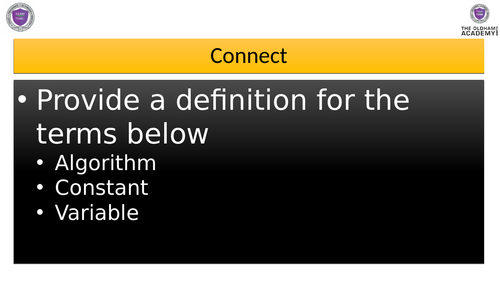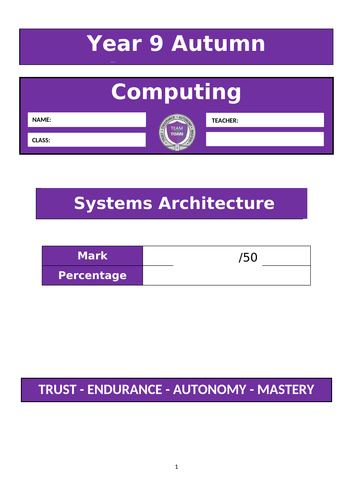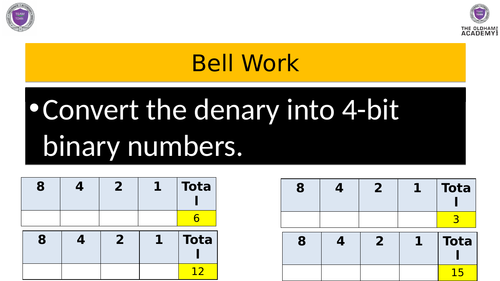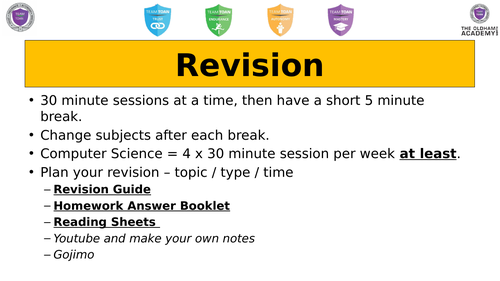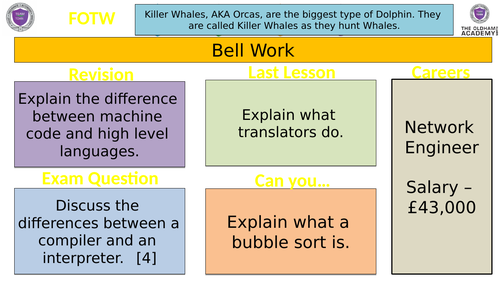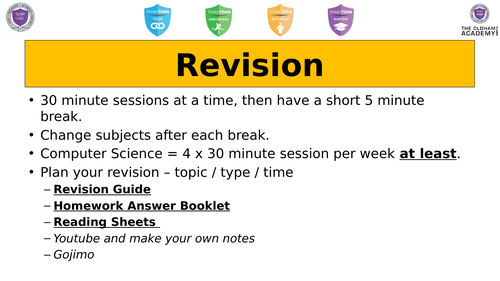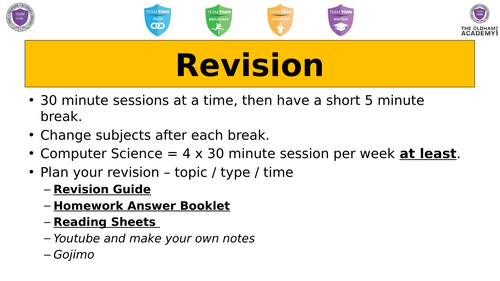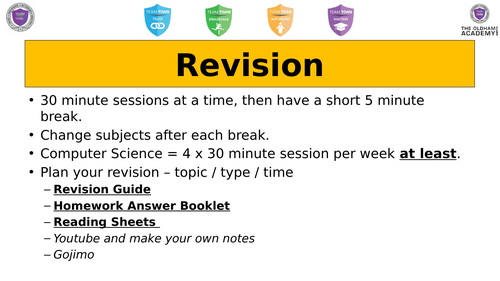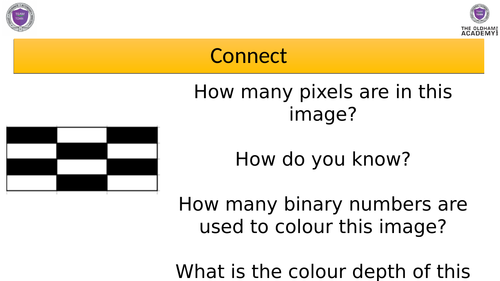Computer Science Guru
You will need to download the Open Dyslexia font for the older resources, newer (post 2022 resources) are all on a yellow background and with a comic sans font (as advised by the BDA). I am Head of Faculty at a high performing secondary school set in a challenging location, Specialist in Computer Science and Business. P8 scores in the first year using these resources jumped by over 1 whole grade (from -1.17 to +0.51). All revisions lessons have multiple past paper style exam questions.






